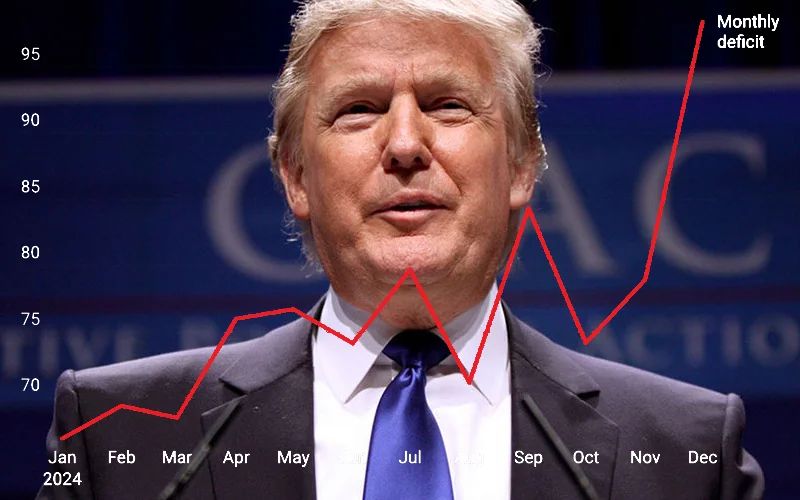For the past 600 years, Greenland has maintained ties with Denmark and in 1953 Greenland officially became part of Denmark. In 2009, Denmark granted Greenland expanded self-rule and since then Greenland has operated essentially as an independent nation. Though Denmark still has influence pertaining to aspects of Greenland’s political decision-making, Greenland has independently made itself an invaluable ally to the U.S. and other countries. However, Denmark has made it known to the world that Greenland is still under its control, much like a caring parent who will do all in their power to protect the apple of their eye. Denmark understands the significance of Greenland to the U.S. due to Greenland possessing rich natural resources and strategic access in the North Atlantic; it would be politically unwise for Denmark to sell such an important asset.
First, Greenland is vital to Denmark’s economic stability and trading capabilities. Greenland is home to pharmaceutical giant Novo Nordisk which is well-known for making the weight loss drugs Ozempic and Wegovy. Novo Nordisk accounts for half of the Danish private sector job growth and all of Denmark’s economic job growth. In addition, Greenland is rich in rare-earth minerals as the nation contains 1.5 million metric tons of “rare earth” oxide reserves. With the combination of Greenland’s natural resources and its pharmaceutical strength, the country plays an important role in Denmark’s ability to participate in the world trade chain.
Second, if Denmark were to sell Greenland to the U.S., it could risk global security and stability. The U.S. procuring Greenland and assuming their territory, could threaten Canada by their expansion. The U.S.’s influence would be both below and above Canada and the U.S. would further fuel the current unease between the U.S. and Canada. Consequently, the discord between the U.S. and Canada powers could create an opening for Russia and China to expand their influence into the West.
Third, if Denmark sold Greenland, it could result in disharmony in NATO and incite a larger scale conflict. Denmark and the U.S. are both part of the 12 founding member countries of NATO. By the U.S. acquiring Greenland this could force other NATO countries in a difficult position to pick sides on which country to support. As a result, their actions could create strife amongst countries in NATO as many nations would be uncertain of the intentions of two major influences in NATO. Ultimately, these events can lead to the strength of the alliance being weakened. More importantly, NATO is a force which assists in maintaining peace and security in the world. Their division could intensify the ongoing turmoil in the world and make other countries question the robustness of NATO.
In the end, it is in Denmark’s and the world’s best interest for Greenland not to become part of the U.S. for the economic prosperity of Denmark, global stability, and preventing division within NATO.
































